Zambia’s Good 2021 Economic Figures
After experiencing much economic difficulties, Zambia finally enjoyed good economic figures in 2021. Come check out our article to see how the Zambian economy is faring.
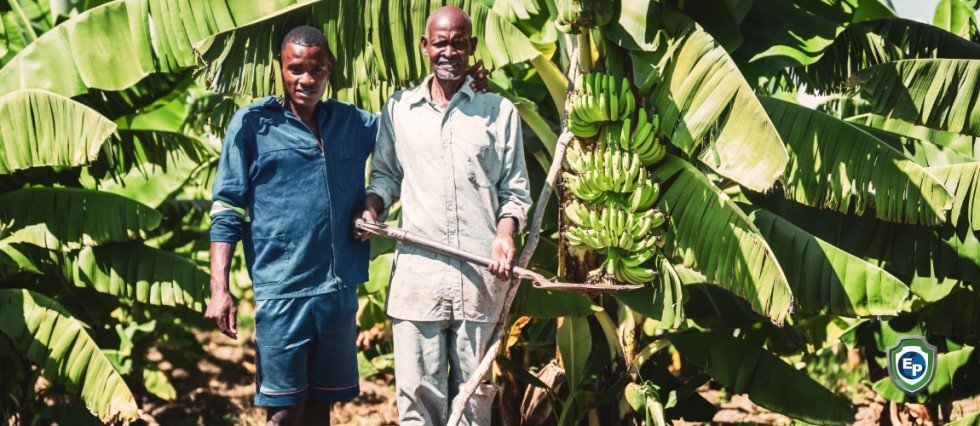
In August 2021, Zambia elected a new president. It was Zambia's third peaceful transfer of leadership in the three decades since multiparty democracy. The new president of Zambia, Hakainde Hichilema, won the election over Edgar Lungu. He successfully labeled the incumbent as corrupt and inept.
Zambia’s Economic Troubles
Zambians did not need much convincing. They have watched their national debt balloon to unsustainable levels. The national budget spends its resources on debt servicing, emoluments, and consumption, leaving very little for health care, education, and other social services. Moreover, like many countries, the Covid-19 pandemic affected the Zambian economy. The economy shrunk and exposed the country's precarious position.
The high levels of debt finally came to trouble the nation when in November 2020, Zambia missed the Eurobond coupon payment worth $42.5 million. The government failed to pay another payment in January 2022 of $56.1 million. The failure to pay spooked the markets, and the Zambian Kwacha suffered for it; investors were rushing to buy safer assets. In fact, Zambia's external debt was as much as $17 billion. That includes $3.8 billion in Eurobonds and approximately $5.8 billion owed to China.
In 2020, the exchange rate also fell by 55%. To halt the Kwacha's decline, the government made mining companies pay their taxes in US dollars; the move brought a temporary reprieve to the decline.
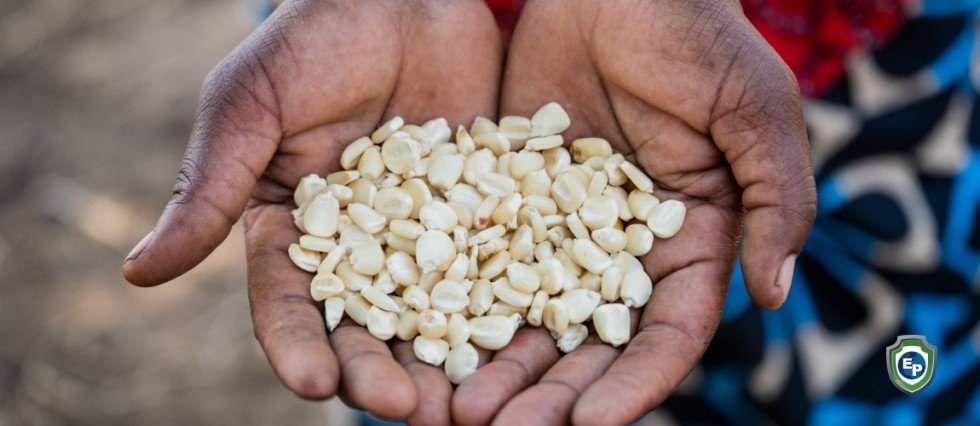
A Growing Zambia
In the second quarter of 2021, the Zambian economy grew by 8%. Even the Zambia Revenue Authority, the tax authority, was surprised since it exceeded its target.
Copper prices reached multi-year highs of $9,500 per tonne the same year. The high price of copper certainly helped keep the currency and economy more stable.
Shortly after the elections, Zambia also received a cash injection of $1.3 billion in Special Drawing Right. It was part of an International Monetary Fund (IMF) program to cushion the impact of COVID-19 on the economy.
Finally, in November 2021, the trade surplus grew to 73.5 billion kwacha ($4.4 billion) from 41.8 billion kwacha the previous year. The Kwacha gained 27% for 2021, primarily due to the optimism of the election of Hakainde Hichilema. Inflation is now at 15%, the lowest level in two years.
Export Portal is Here for You
Whether you’re looking for a new way to find international B2B trade partners or you want to stay informed on the latest updates in international trade, Export Portal is here to help. Subscribe to our newsletter to stay informed, or register for free today!
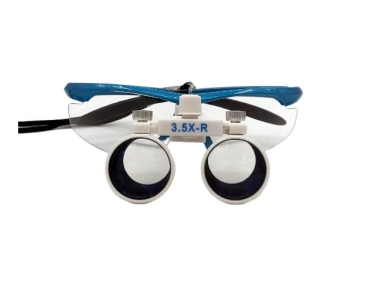




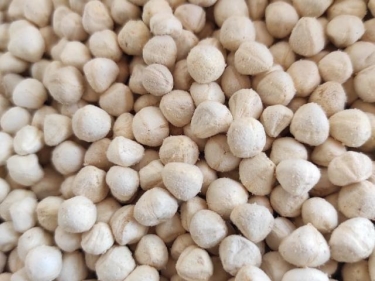
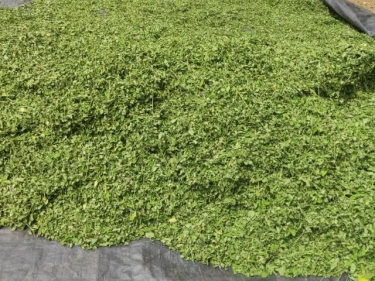
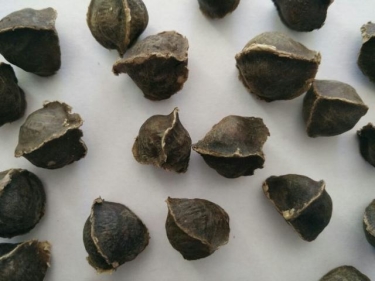
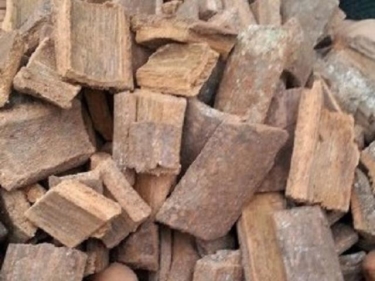









Comments 2